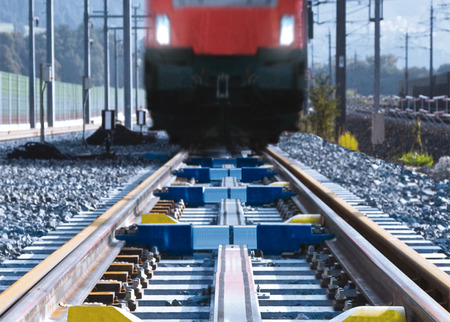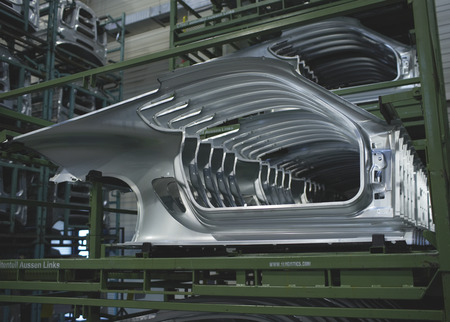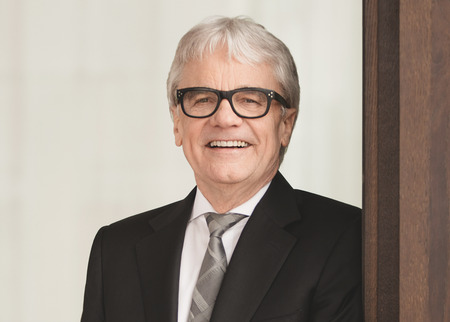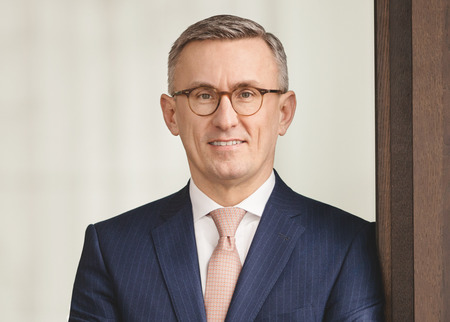The economies of some regions were subject to increasingly fragile growth and thus earnings toward the end of the first six month-period of the business year 2018/19; in Europe, this development was increasingly intensified by rising price volatility in the energy sector and not least with respect to CO2 emissions certificates. Currently, however, the accumulating negative effects from distortions of the international trade flows as well as weakening demand in individual industrial segments, including the European automotive industry that has been buffeted by the new emissions testing rules (WLTP), are the main reasons for intensifying macroeconomic concerns. voestalpine, for its part, has had to contend with additional reductions in earnings owing especially to the major overhaul of the Steel Divisions’ blast furnace, start-up costs in excess of budgeted costs at the Group’s North American automotive sites, and unplanned downtimes at the HBI facility in Texas. Not least the extremely low water levels in Europe’s shipping routes posed yet another challenge.
“As already communicated two weeks ago in an ad hoc report, contrary to expectations at the start of the current business year, it will not be possible against this backdrop and given the available figures for the first half of the current business year to repeat the record results of 2017/18, particularly due to the reduction in earnings from the complete overhaul of the Group’s largest blast furnace during the summer months,” says CEO Wolfgang Eder. Given these internal and external facts, it will no longer be possible to offset these negative effects through other positive effects, as initially planned. According to Eder, “based on the current figures for the business year 2018/19, therefore, we now expect a profit from operations (EBIT) of just under EUR one billion and an operating result (EBITDA) of just under EUR 1.8 billion.”
voestalpine.jpg)


voestalpine.jpg)
voestalpine.jpg)


